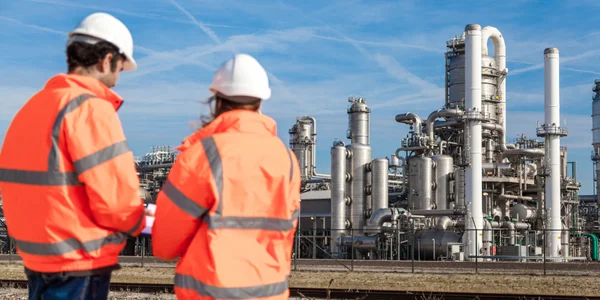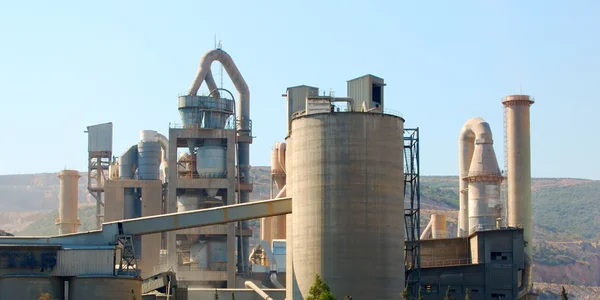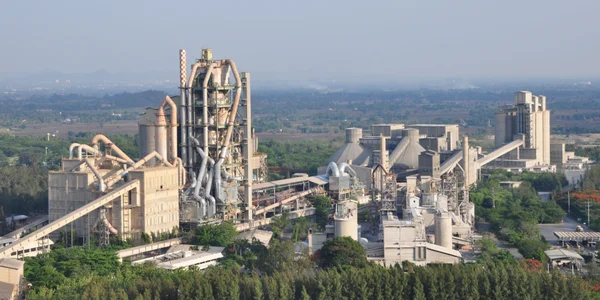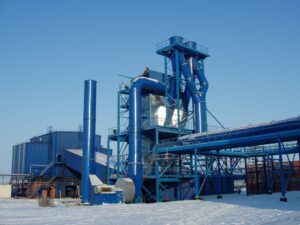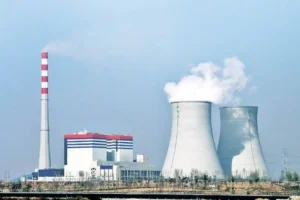Pengumpul Habuk Berbilang Siklon
- Precipitator Elektrostatik
- Rumah Beg Udara Terbalik
- Penapis kain
- Penapis elektro hibrid
- Penyahsulfuran Gas Serombong
- Draf penyejuk paksa
- Penggosok
- Loji pembersihan gas
- taufan
- Berbilang klon
- VOC + Sistem penyingkiran bau
- Sistem pengekstrakan habuk
- Sistem pengekstrakan asap
- Peranti perlindungan letupan
- Kipas dan blower
- Rawatan air sisa
- Penukar Haba Udara ke Udara
Pejabat
IBU PEJABAT

Jerman
-
Penapis Intensif Himenviro Technologies GmbH
Neustraße 45 - 49, 42553, Velbert, Deutschland/Jerman - +49 20534200990
PEJABAT WILAYAH

Great Britain
-
Penapis Intensif Himenviro UK Limited
47, Bath Street WS13BX, Wallsall West Midlands, Great Britain - +44 1922 628893
PEJABAT WILAYAH

Emiriah Arab Bersatu
-
Penapis Intensif Himenviro Technologies FZE – LLC
Pusat Perniagaan, Zon Bebas Bandar Penerbitan Sharjah, Sharjah, UAE - +971-556074697
PEJABAT WILAYAH

India
-
Penapis Intensif Himenviro Private Limited
D-247/11, Sector-63, Noida - 201301, Uttar Pradesh, India - +91-120-4642-500
PEJABAT WILAYAH




India
-
Penapis Intensif Himenviro Private Limited
D-247/11, Sector-63, Noida - 201301, Uttar Pradesh, India - +91-120-4642-500
PEJABAT WILAYAH




India
-
Penapis Intensif Himenviro Private Limited
D-247/11, Sector-63, Noida - 201301, Uttar Pradesh, India - +91-120-4642-500
Sistem Pengumpulan Habuk Berbilang Klon Untuk Industri
Rumah » Penyelesaian » Pengumpul Habuk Berbilang Siklon
Selepas siklon, sistem pengumpulan habuk berbilang klon ialah pengumpul habuk mekanikal. Di dalam ruang, ia mempunyai beberapa tiub siklonik selari yang memisahkan zarah debu berat daripada aliran udara. Ini berfungsi sebagai perangkap percikan utama dalam beberapa aplikasi serta pemisah utama untuk mengurangkan beban habuk pada penapis beg atau pengumpul habuk.
Tiub pengumpul besi tuang yang digunakan dalam pengumpul habuk Multi klon tahan lebih lama daripada tiub yang diperbuat daripada bahan lain. Untuk aplikasi yang melibatkan suhu tinggi atau hakisan ketara, tiub dan ram pengumpul aloi khas ditawarkan.
Ciri-ciri Sistem Pengumpulan Habuk Berbilang Klon Kami
- Tiada Bahagian Bergerak Atau Berputar jadi Tiada Penyelenggaraan
- Reka Bentuk Tiub Berbeza Untuk Aplikasi Berbeza
- Pengalaman Komprehensif dalam Pemilihan Produk
- Penurunan Tekanan Operasi Rendah
- Tiub Aloi Fabrikasi/Tuang Boleh Ganti untuk membentuk Multiclone
- Peniup emparan masuk memberikan kesan siklonik maksimum
- Pembinaan tugas berat
- Kecekapan pemisahan habuk yang lebih tinggi
- Tiub yang boleh diganti mungkin diperbuat daripada Aloi Tuang/ Keluli
- Pintu pemeriksaan untuk akses mudah untuk penyelenggaraan
- Dilengkapi dengan injap berputar untuk operasi berterusan
Permohonan
Aplikasi Multiclones
- Industri Baja: Pengering & Kalsin Batu Fosfat, Pengering
- Bukan Ferus: Relau Berkumandang Tembaga, Relau Letupan Laea
- Pulpa & Kertas: Kiln Kapur, Pemulihan Arak Belakang, Dandang Kulit
- Industri Gula: Gas Serombong Dandang, Bahagian Bagging
- Produk Mineral: Pengering Batu Asfalt, Kiln Simen
- Farmaseutikal: Kipas Salutan Tablet, dsb
- Industri Keluli: Relau Letupan, Relau Arka Elektrik, BOF, dsb


Proses
Perkhidmatan Kami
Soalan Lazim
1. What is a multi-cyclone dust collector?
A multi-cyclone dust collector is a device that cleans air by removing dust particles. It contains many small cyclones working together to capture dust from the air. This system is more efficient than single cyclones because the smaller cyclones create greater centrifugal force, improving dust separation.
2. How does a multi-cyclone dust collector work?
A multi-cyclone dust collector works by using multiple small cyclones to spin the incoming dusty air. The spinning motion forces heavier dust particles to move outward toward the cyclone walls, where they lose speed and fall into a collection area. The cleaned air then moves upward through the center of the cyclones and exits the collector.
3. What are the benefits of using a multi-cyclone dust collector?
Using a multi-cyclone dust collector offers several benefits:
- Kecekapan Tinggi: It effectively captures fine dust particles, improving air quality.
- Ketahanan: With no moving parts, it requires minimal maintenance and has a long service life.
- Space-Saving Design: Its compact size makes it suitable for facilities with limited space.
- Kos-Efektif: It operates without the need for filters, reducing replacement costs.
4. In which industries are multi-cyclone dust collectors commonly used?
Multi-cyclone dust collectors are commonly used in industries such as:
- Kerja kayu: To capture sawdust and wood particles.
- Cement Plants: For removing cement dust from the air.
- Steel Mills: To collect metallic dust and particles.
- Pemprosesan Makanan: To maintain clean air by removing food dust particles.
Farmaseutikal: To ensure air purity by capturing fine dust during production.
5. How efficient are multi-cyclone dust collectors in removing dust particles?
Multi-cyclone dust collectors are highly efficient, capable of capturing particles as small as 5 microns with commendable efficiency. Their design, featuring multiple small cyclones, enhances their ability to separate a broad spectrum of particle sizes, making them suitable for industries requiring rigorous dust control.
6. What factors can affect the performance of a multi-cyclone dust collector?
Several factors can affect the performance of a multi-cyclone dust collector:
- Kuantiti Taufan: More cyclones can lead to better dust separation.
- Pengagihan Aliran Gas: Evenly distributed gas flow ensures optimal performance.
- Penurunan Tekanan: Higher resistance to gas flow can reduce efficiency; managing energy consumption is vital.
7. How does a multi-cyclone dust collector compare to a single cyclone separator?
A multi-cyclone dust collector is generally more efficient than a single cyclone separator. The multiple smaller cyclones in a multi-cyclone system create greater centrifugal force, leading to better separation of dust particles, especially finer ones. This design also allows for handling larger volumes of air while maintaining high efficiency.
8. What maintenance is required for a multi-cyclone dust collector?
Maintenance for a multi-cyclone dust collector is minimal due to the lack of moving parts. Regular inspections should be conducted to check for wear or blockages, especially in the cyclone inlets and dust discharge areas. Ensuring that seals are intact and that collected dust is removed promptly will help maintain optimal performance.
9. Can a multi-cyclone dust collector handle high-temperature gases?
Yes, a multi-cyclone dust collector can handle high-temperature gases. They are designed to operate at high temperatures, making them suitable for processes involving hot gases, such as those in cement kilns or metal smelting operations. Special materials and designs can be used to accommodate specific temperature requirements.
10. Are multi-cyclone dust collectors suitable for capturing very fine dust particles?
Multi-cyclone dust collectors are effective at capturing fine dust particles, typically down to 5 microns in size. However, for extremely fine particles, additional filtration methods, such as fabric filters or electrostatic precipitators, may be used in conjunction with multi-cyclone systems to achieve higher efficiency.

